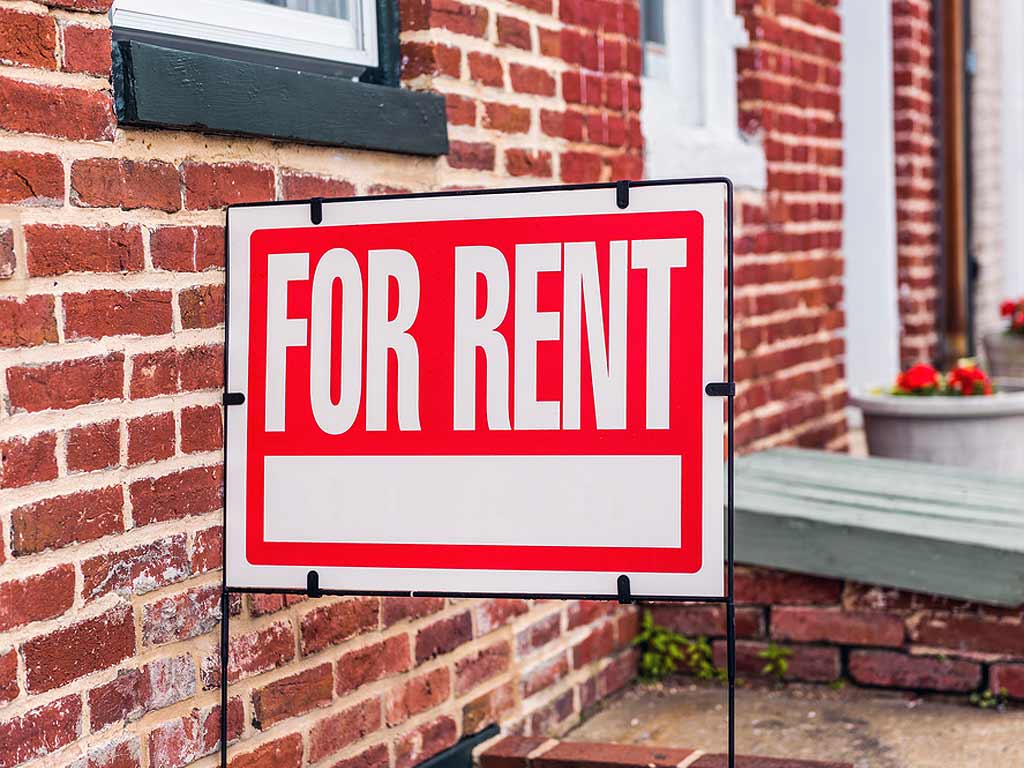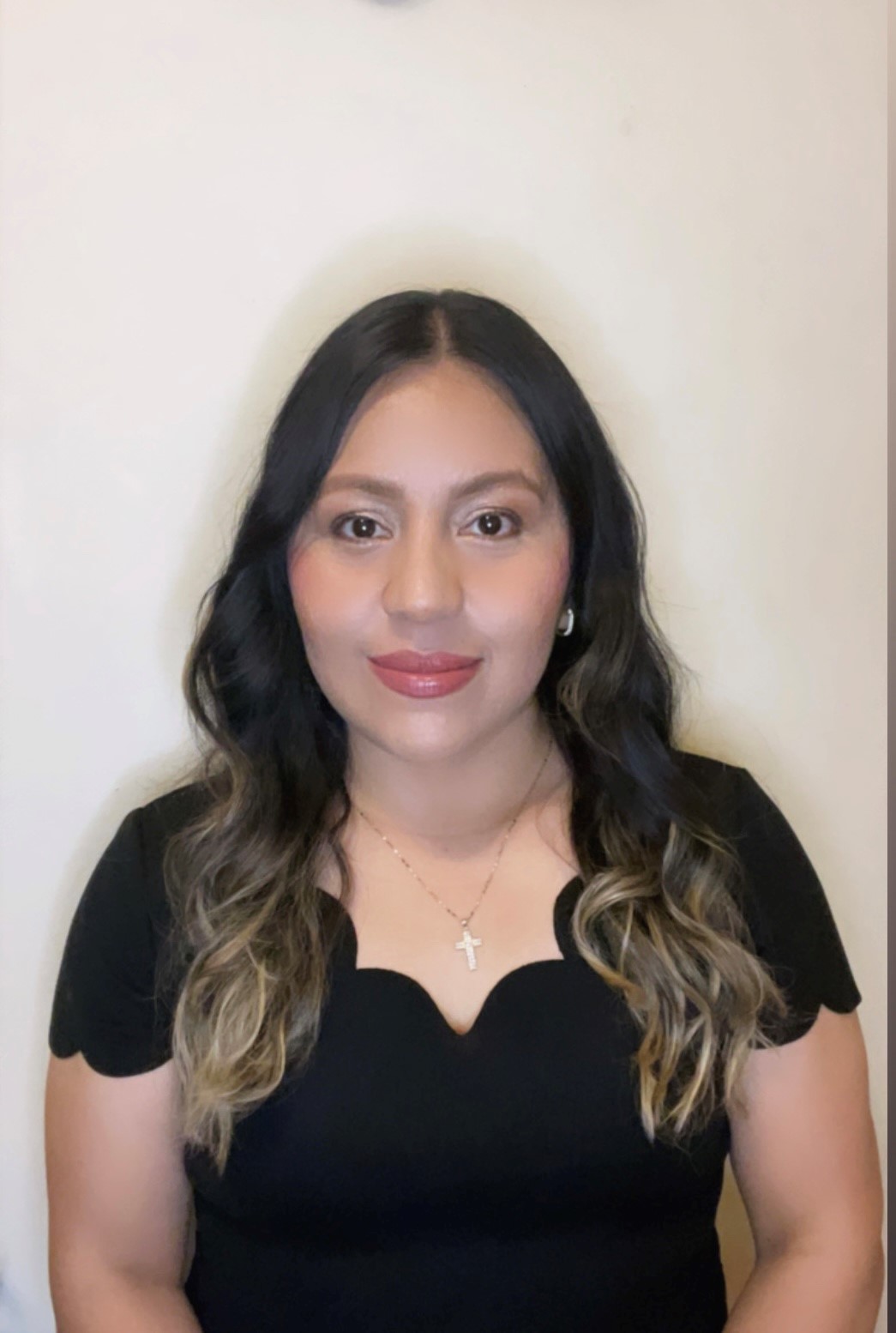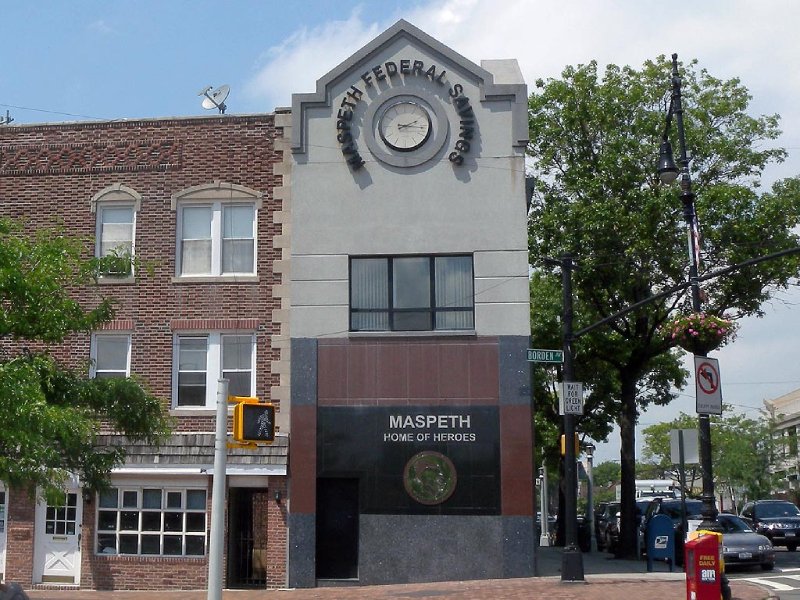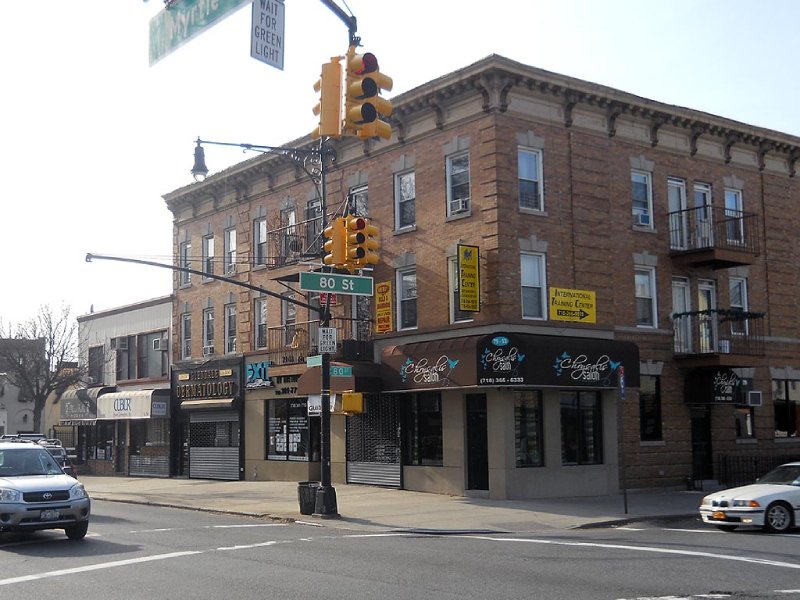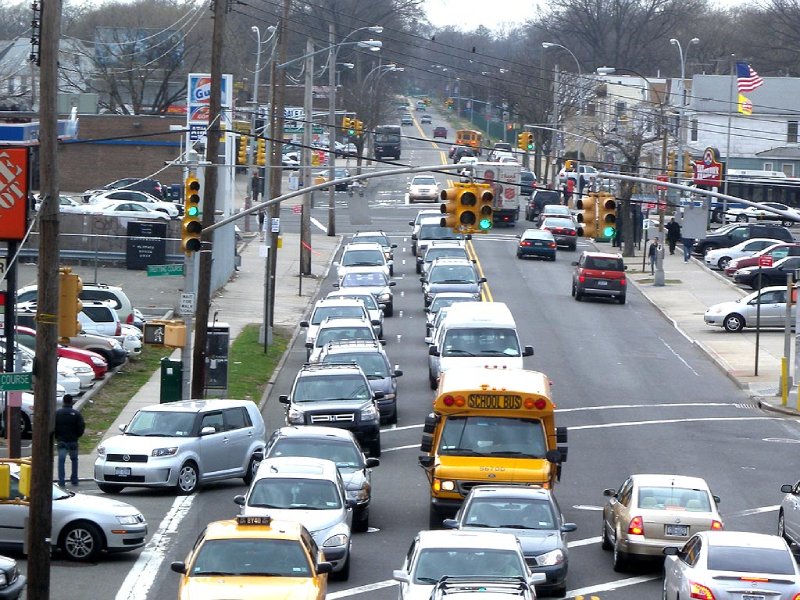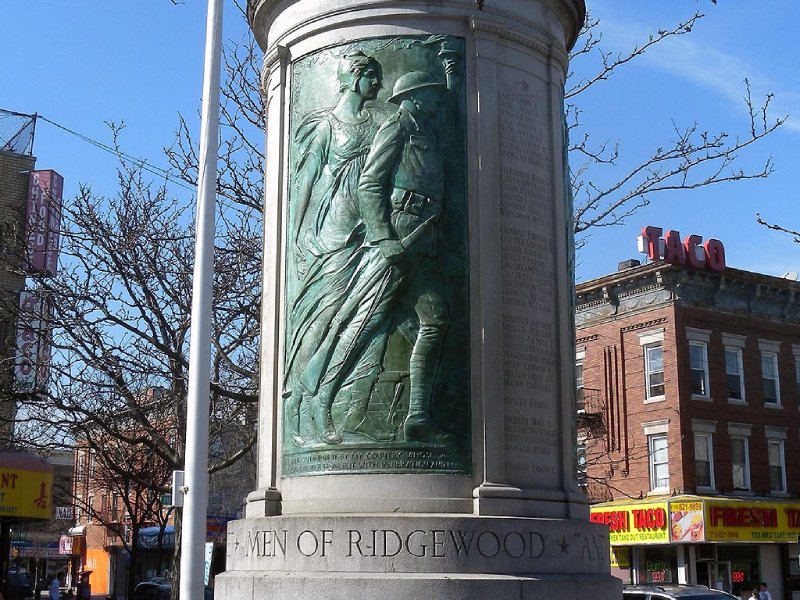Empty rental units are a great opportunity to conduct plumbing maintenance tasks on empty rental units, no matter what type of real estate you invest. It might happen less in Manhattan than in other areas around the country, but empty units can happen. Empty rental units can be hard on the plumbing, but also offer an opportunity to perform plumbing maintenance tasts.

1. Turn the faucets to keep the O-rings in good shape.
Most of your faucets will have a rubber O-ring inside the mechanism. Usually, these parts require next to no maintenance. Sometimes they crack and need to be replaced, but, otherwise, they stay well-lubricated by running water.
If the faucets in a rental unit aren’t used for an extended period of time, however, they’ll start to dry out. This makes them far more likely to crack or leak once water rushes through them again. So make a point of regularly turning on the faucets in any unit that is standing vacant.
2. Make sure the localized shut-off valves turn easily.
While you’re stopping in on vacant units, take the opportunity to test the shut-off valves below the sinks, by the refrigerator, and next to the toilets. When these valves go for a long period of time without being turned, mineral deposits can build up on them. That makes them impossible to turn in the middle of an emergency, and nothing causes water damage like a panicking tenant. Twist the valves on and off to clear away any buildup.
3. Run water through the fixtures to keep the traps full.
Plumbing fixtures have curved, S-shaped pipes for a reason. The bottom curve holds a U-shaped pocket of water that extends higher than the diameter of the pipe. This stops the passage of air and, more importantly, sewer gases into the unit.
But once your units stand vacant for a while, especially if the air is dry or it’s summer, then that water will evaporate. The last thing you want is to book a tour for your unit and then open the door to the smell of sewage as you’re getting it ready. So when you’re turning on the taps to lubricate the O-rings, let the water run a little longer to make sure the trap is full.
4. Walk through to check for leaks and frozen pipes.
If you have long-term vacancies during the winter, you need to be on the alert for frozen and busted pipes. When the pipes freeze over in an occupied unit, the tenant will let you know as soon as they notice a problem. That means you can be ready for when the temperature rises and water starts to flow through the cracks.
But you don’t have that warning system in a vacant unit. Even the best water sensors can’t replace an occasional walk-through.
5. Check in if any of the surrounding units have a plumbing problem.
If you own a large apartment complex, plumbing and heating problems spill over from one unit to the next. Any time something goes wrong in an adjacent unit that isn’t just caused by a simple human error, check in on your vacant unit. You want to know as soon as possible if a clog has backed up other units or if one leak is a sign of a bigger problem.
But if you own a lot of property, you probably don’t have time to do all of these check-ins and maintenance tasks yourself. Contact Kew Forest Plumbing & Heating for help with your home plumbing. We can conduct regular inspections and be at the ready when a large problem springs up.
